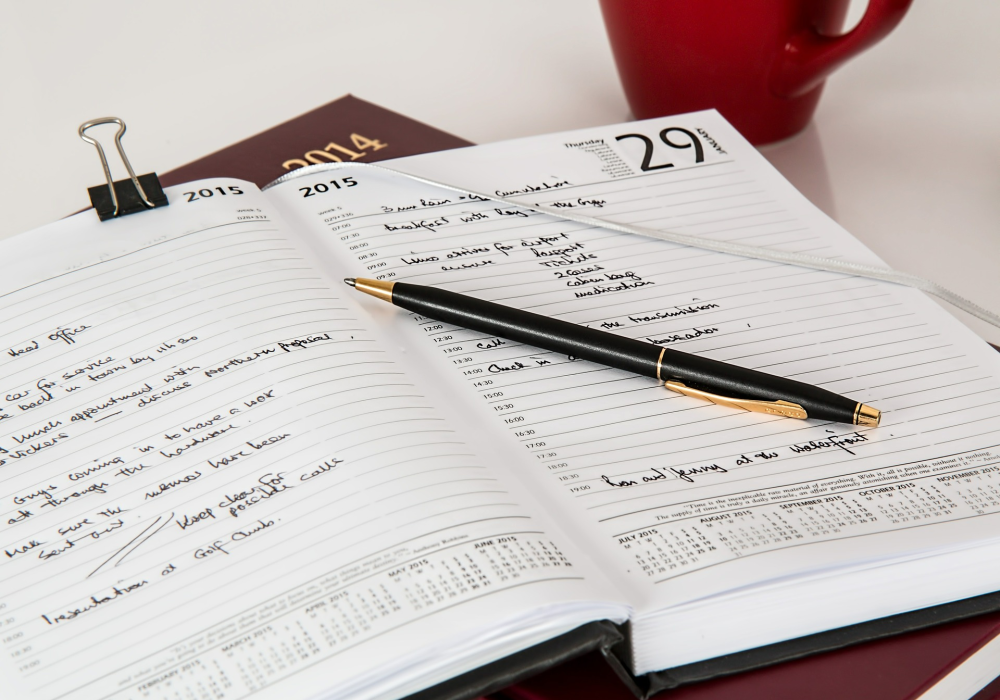Crafting a Daily Activity Schedule for Seniors in Assisted Living

The significance of daily activities in the life of seniors living in assisted care facilities cannot be overstated. In addition to promoting physical wellness, these activities help foster mental acuity, emotional well-being, and social connectivity. This article explores how to create a well-rounded, engaging, and flexible activity schedule specifically tailored to seniors' needs.
Understanding the Needs of Seniors
Often, persons in assisted living facilities have unique needs shaped by a variety of factors. These include their physical capabilities and limitations, mental and cognitive abilities, social needs, and emotional health. In crafting an activity schedule, it's important to keep these elements in mind to ensure activities are both enjoyable and beneficial.
Importance of Routine and Structure
Routine and structure hold immense importance in the lives of seniors, particularly those in assisted living or memory care. They provide a backbone to daily life, offering predictability in an environment that can sometimes feel overwhelming.
Routines create a sense of order and purpose. This can be very comforting to seniors, as aging often brings many changes and uncertainties. Having a stable routine can help mitigate the anxiety that these changes can cause, providing a comforting rhythm to their day.
For seniors who may be experiencing cognitive decline, such as those with Alzheimer's or dementia, the importance of routine is magnified. The familiarity of a consistent schedule can be soothing and help reduce confusion and stress. It allows seniors to retain their autonomy for longer, as they can more easily remember and navigate the sequence of daily activities.
A well-structured routine also offers a sense of achievement and progress. Each completed activity is a small victory that can boost a senior's self-esteem and morale. Over time, the accumulation of these small wins can lead to improved mood, better sleep, and a more positive outlook on life.

Elements of a Balanced Daily Schedule
People often ask, “What exactly should I add to a schedule?”, so to assist anyone reading who may be making a schedule for themselves or a loved one, we identified four key areas that need to be touched on when crafting a balanced daily schedule. An effective daily activity schedule should cover four key areas:
- Physical activities: Gentle exercise, walks, or yoga sessions can help seniors maintain physical health and mobility.
- Cognitive activities: Reading, puzzles, and memory games can keep their minds sharp and engaged.
- Social activities: Group meetings, games, and shared meals foster a sense of community and prevent isolation.
- Leisure and relaxation activities: Time for relaxation and hobbies is equally important for emotional well-being.
- Personal care activities: Personal hygiene, medication times, and meals should be scheduled appropriately.
Tailoring a Schedule to Individual Needs
A one-size-fits-all approach is seldom effective when it comes to senior care. It's important to personalize activities according to each senior's preferences, capabilities, and specific health requirements. Including seniors in the planning process can give them a sense of control and excitement about their daily activities. Healthcare workers and seniors should work together to develop the right schedule with a good combination of activities that makes life enriching.

Examples of Daily Schedules
To help readers, and maybe give some ideas, we created some example basic schedules that could be a backbone for a person's routine. Here are these sample daily schedules for seniors in assisted living:
Schedule A:
- Morning: Gentle yoga, personal care, breakfast
- Mid-Morning: Reading or puzzles, group activity
- Afternoon: Lunch, relaxation time, walks, or exercise
- Evening: Personal care, dinner, social activity or leisure time, bedtime routine
Schedule B:
- Morning: Personal care, breakfast, group exercise
- Mid-Morning: Crafts or hobbies, cognitive activity
- Afternoon: Lunch, relaxation time, social game or activity
- Evening: Personal care, dinner, leisure time, bedtime routine
Remember, these are just examples and can be adapted to individual needs.
The Role of Caregivers in Implementing the Schedule
Caregivers serve a fundamental role in the lives of seniors in assisted living facilities, not just in executing everyday tasks, but also in establishing a sense of routine, security, and normalcy. They often become the human face of the structured routine, aiding seniors in navigating their daily activities.
When it comes to tailoring the schedule, caregivers should be encouraged to think creatively and compassionately. For a senior who is an early riser, the caregiver might schedule more cognitively challenging activities in the morning when the senior is most alert. Conversely, for someone who struggles with mornings, the caregiver could ensure a gentle, unhurried start to the day, with more demanding activities later on.
Regardless of the senior's needs, the caregiver should strive to be attentive and take these needs into account when creating a schedule.
Crafting a well-rounded, engaging, and personalized daily activity schedule is an integral part of enhancing the quality of life for seniors in assisted living facilities. It is an art as much as it is a science, requiring a deep understanding of the seniors' physical, cognitive, emotional, and social needs.
Remember, the goal is not strict adherence to the schedule but enhancing the subject's lifestyle and overall happiness.
By thoughtfully balancing routine tasks and novel experiences, caregivers can create a comforting yet stimulating environment for seniors. The careful consideration of physical activities, cognitive challenges, social interactions, leisure time, and personal care within the schedule ensures a holistic approach to their well-being.